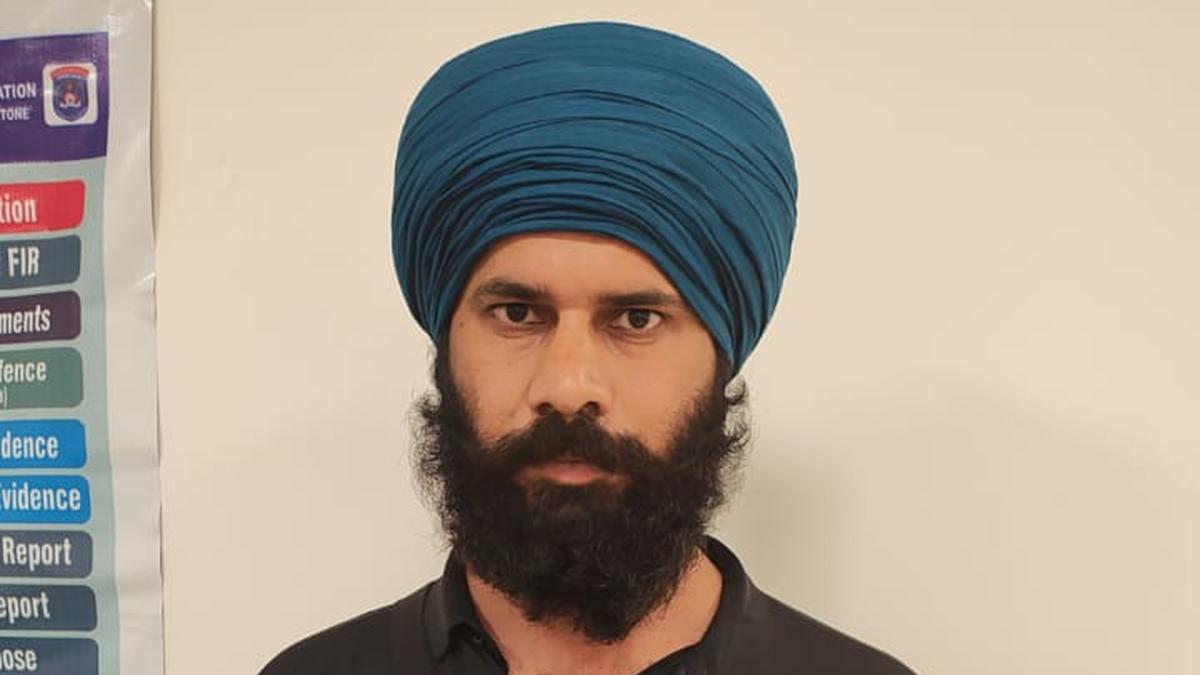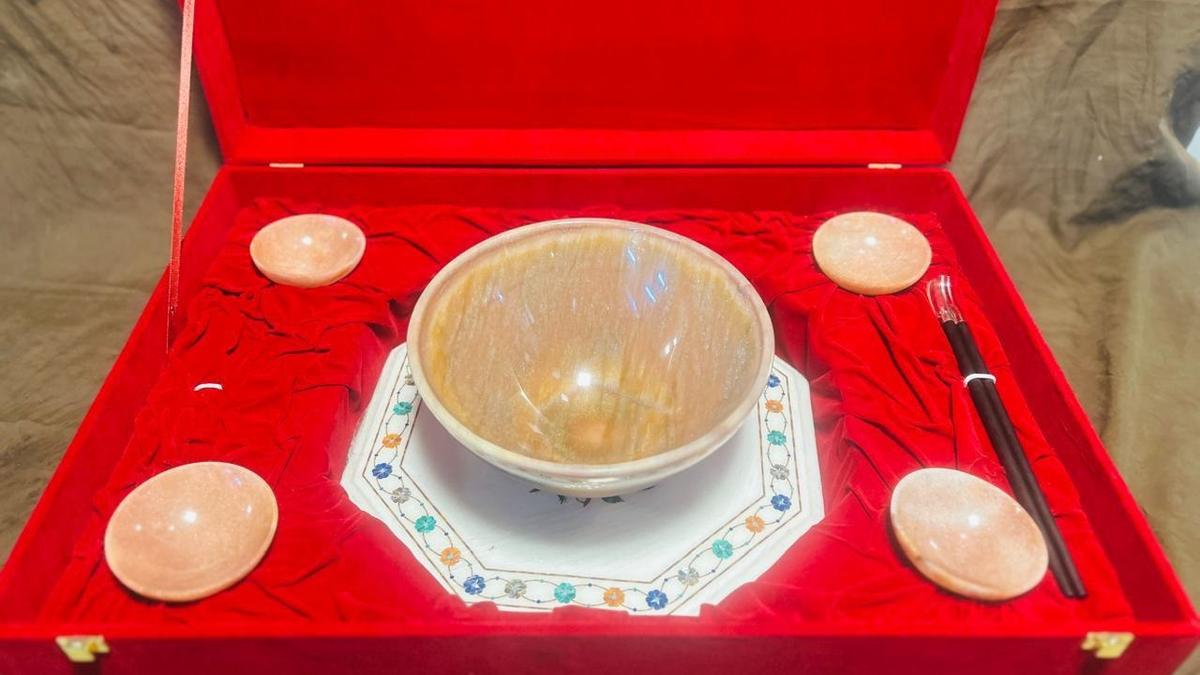Now Reading: Dalit Professor in Tamil Nadu Fights Legal Battle to Reclaim Job and Dignity
-
01
Dalit Professor in Tamil Nadu Fights Legal Battle to Reclaim Job and Dignity
Dalit Professor in Tamil Nadu Fights Legal Battle to Reclaim Job and Dignity
Swift Summary
- Prof. P. Senrayaperumal,a 43-year-old former assistant professor at Manonmaniam Sundaranar University,Tamil Nadu,is fighting a legal battle after his dismissal in March 2024.
- He holds an M.A., M.Phil., and Ph.D. in Art History and was the first folk artist from his community to earn a doctorate.
- Raised in poverty, he began performing the conventional South Tamil Nadu folk art form raja rani Attam at age 13 as part of his father’s troupe from the Arunthathiyar Scheduled Caste community.
- Despite challenges like harassment during performances, he pursued higher education and joined academia through SC(A) quota in 2016.
- His removal sparked allegations of discrimination; the Madurai bench of the Madras High Court ruled against his dismissal under UGC norms but university authorities plan to appeal against this ruling.
- Senrayaperumal accuses caste bias for disruptions in his career and faces financial strain without a steady income, relying on family support while returning to Raja Rani Attam to make ends meet.
Indian Opinion Analysis
The case of Prof.P. Senrayaperumal serves as a microcosm reflecting broader systemic issues within India’s academic landscape-such as caste-based discrimination and institutional bias-despite existing affirmative action policies aimed at inclusion. The alleged irregularities cited against him appear contradicted by judicial validation that deemed him eligible under UGC norms.
His return to performing Raja Rani Attam, albeit out of necessity rather then choice, highlights both economic precarity among dismissed employees and ongoing neglect for traditional art forms carried by marginalized communities. The outcome of this legal battle may influence perceptions about Dalit empowerment through education but also underscores gaps between policy frameworks on paper versus their implementation.
Read more: Link
























